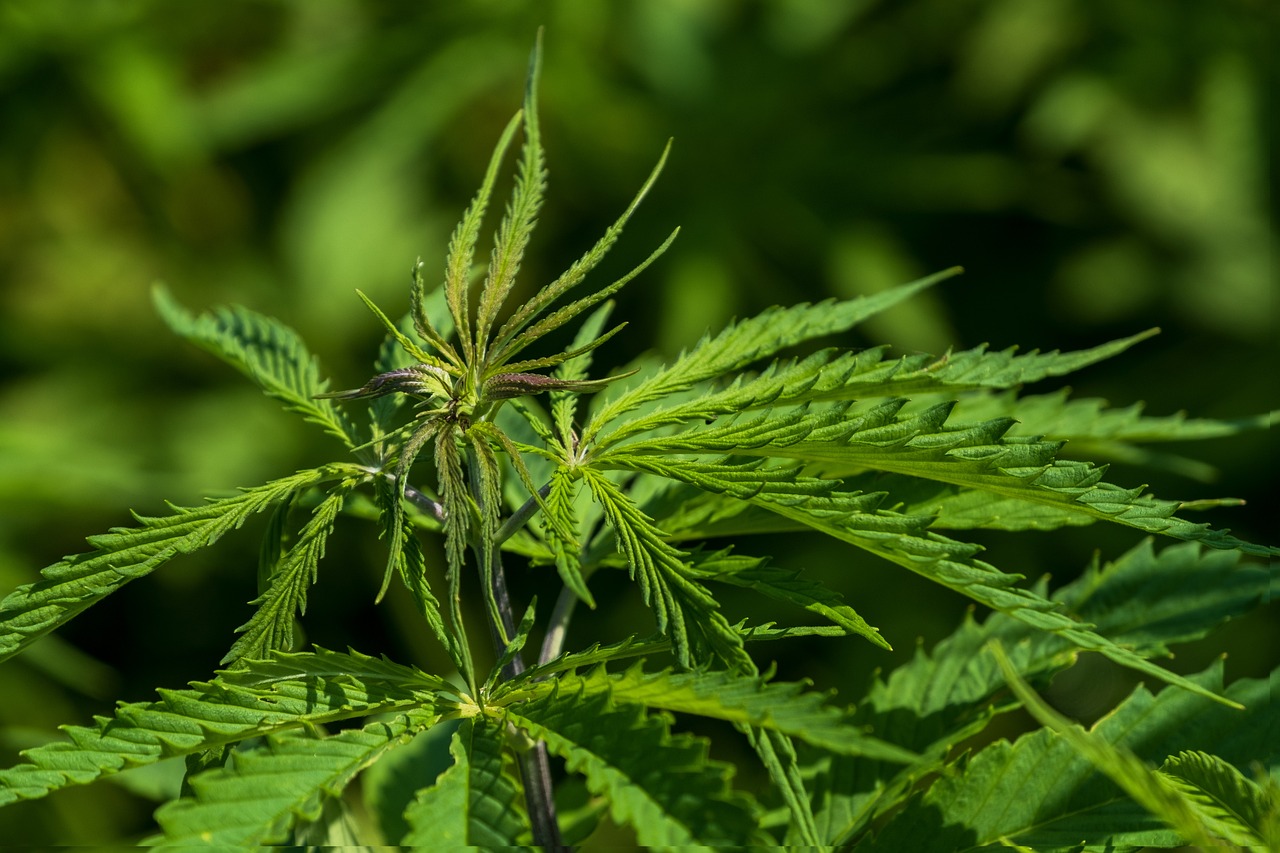In recent years, the interest in natural wellness solutions has surged, with many individuals seeking alternatives to traditional pharmaceuticals. One such option gaining attention is the THCA flower, a non-psychoactive compound found in cannabis. This article explores the potential benefits of THCA flower, its uses, and the science behind its effects on wellness. Buy premium THCA flower online to try thca flower product.
Understanding THCA: The Basics
THCA, or tetrahydrocannabinolic acid, is a cannabinoid found in raw cannabis plants. Unlike THC, the compound responsible for the psychoactive effects of cannabis, THCA does not produce a “high.” This makes it an appealing option for those looking to experience the therapeutic benefits of cannabis without the mind-altering effects.
How THCA Works
THCA is the precursor to THC. When cannabis is heated through smoking, vaping, or cooking, THCA undergoes decarboxylation, converting into THC. In its raw form, THCA interacts with the body’s endocannabinoid system, which plays a role in regulating various physiological processes such as mood, appetite, and pain sensation.
Potential Health Benefits of THCA
Research into THCA is still in its early stages, but preliminary studies and anecdotal evidence suggest several potential health benefits:
- Anti-inflammatory Properties: THCA may help reduce inflammation, making it a potential option for those with conditions like arthritis or inflammatory bowel disease.
- Neuroprotective Effects: Some studies indicate that THCA might protect brain cells, which could be beneficial for neurodegenerative diseases such as Alzheimer’s and Parkinson’s.
- Anti-emetic Properties: THCA has shown promise in reducing nausea and vomiting, which could be helpful for patients undergoing chemotherapy.
- Appetite Stimulation: THCA may help stimulate appetite, offering potential benefits for individuals with eating disorders or those undergoing treatments that affect appetite.
Case Studies and Research
While comprehensive clinical trials are limited, several case studies and smaller research projects provide insights into THCA’s potential:
A study published in the British Journal of Pharmacology highlighted THCA’s anti-inflammatory properties, suggesting its potential in treating inflammatory conditions. Another research project conducted by the University of Guelph found that THCA exhibited neuroprotective effects in animal models, indicating its promise for neurodegenerative diseases.
Using THCA Flower for Wellness
For those interested in incorporating THCA flower into their wellness routine, there are several methods of consumption:
- Juicing: Raw cannabis leaves and flowers can be juiced to preserve THCA’s benefits without converting it to THC.
- Topicals: THCA-infused creams and balms can be applied directly to the skin for localized relief from pain and inflammation.
- Tinctures: THCA tinctures offer a convenient way to consume the compound, allowing for precise dosing.
Legal Considerations
The legal status of THCA varies by region. In some areas, THCA is considered legal due to its non-psychoactive nature, while in others, it falls under the same regulations as THC. It’s important for individuals to research and understand the laws in their area before purchasing or using THCA products.
Conclusion
THCA flower presents a promising natural approach to wellness, offering potential benefits without the psychoactive effects of THC. While research is still developing, early studies and anecdotal evidence suggest that THCA may provide relief for a variety of conditions, from inflammation to neurodegenerative diseases. As interest in natural health solutions continues to grow, THCA flower stands out as a compelling option for those seeking alternative therapies.
